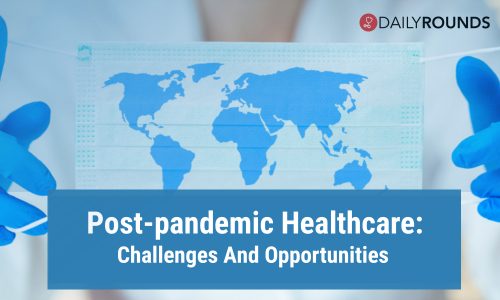
World Sickle Cell Day is a United Nations recognised day to raise awareness of sickle cell at a national and international level. On 22nd December 2008, the United Nations General Assembly adopted a resolution that recognises sickle cell disease as a public health problem and “one of the world’s foremost genetic diseases.” The resolution calls for members to raise awareness of sickle cell on June 19th of each year at the national and international levels. Despite Sickle Cell Disease (SCD) being recognised by the World Health Organization (WHO) as a global health problem, there is not a coordinated approach to tackling the disease at a global level. As SCD continues to be an under-recognised public health issue, urgent action, attention, and awareness among the global community are required to tackle the disease.

Nothing can be more perplexing than the country’s apex court having to intervene to ensure that doctors and healthcare workers at the forefront of the battle against coronavirus are paid their salaries without any dues. Doctors having to strike work over non-payment of wages for three months and that too in the national capital, right under the nose of the Union and Delhi governments, is shameful. There was a glimmer of hope that the pandemic would finally shift focus and attention to the healthcare sector, but all that has gone in vain. The State and the authorities, it appears, would rather indulge themselves with the easy part: Lighting Diyas and Showering petals.
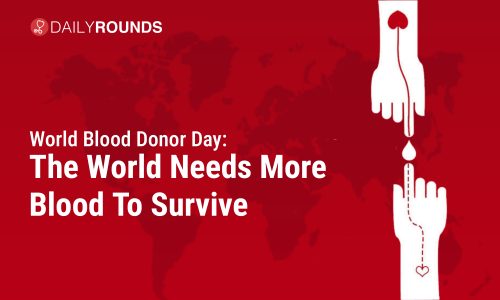
The provision of blood has always been an important aspect of healthcare. A well-functioning blood system should be an absolute necessity and top priority of the healthcare policy. Safe blood is critical both for treatments and urgent interventions. It can help patients suffering from life-threatening conditions live longer and with a higher quality of life and supports complex medical and surgical procedures. Blood is also vital for treating the wounded during emergencies of all kinds and has an essential, life-saving role in maternal and neonatal care.
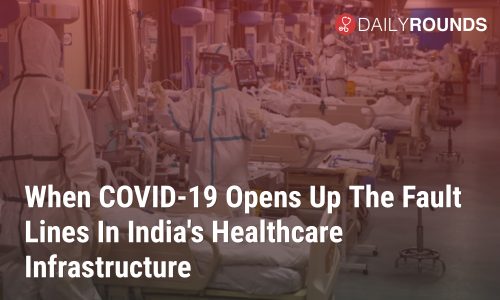
With the number of coronavirus cases steadily rising even after the lock-down period, the healthcare infrastructure of the country has started to creak as major cities run out of resources. Ever since the arrival of the pandemic, India has been hearing the word ‘shortage’ from time to time. As the initial days witnessed a shortage of Personal Protective Equipment (PPE), today, the nation is facing a significant shortage of doctors, healthcare workers, hospital beds, and other medical equipment.
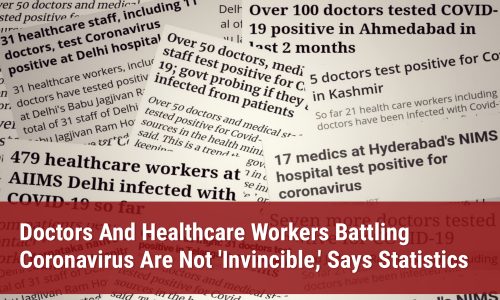
As the number of COVID-19 cases surges across the nation, the front-line healthcare workers who are at the forefront of the battle against coronavirus are now at the receiving end. Reports on doctors and healthcare professionals getting infected with COVID-19 has taken up a permanent spot among the daily news. The spike in infection rate among medical professionals can be attributed to several factors such as low quality of the available PPE to overexposure at the workplace. Even though the Centre hasn’t revealed any actual statistics, several doctors are getting infected by the coronavirus on a day to day basis. To make things worse, some of the so-called ‘invincible heroes’ have already succumbed to the disease during the course of action. Even when the society attributes superhero powers to healthcare workers, when it comes to ground reality, every healthcare worker is at the bleeding edge of the pandemic.

This scenario certainly opens up the need for a metamorphosis in the learning environments. Modern strategies and techniques that ensure scope for learning by adhering to social distancing norms are already in practice in various medical institutes. The pre-existing digital platforms and domains, providing online classes, lectures, and discussions have come in handy during this crisis scenario. These changes that originate from the profound effects of COVID-19 may forever change the way by which future physicians are educated.

Clinical trials of several promising treatments and vaccines are carried out on a full swing in different parts of the world at an unprecedented rate. However the mixed results from these clinical trials have brought both hopes and concerns to the world that is going through one of the toughest times in the history of mankind.
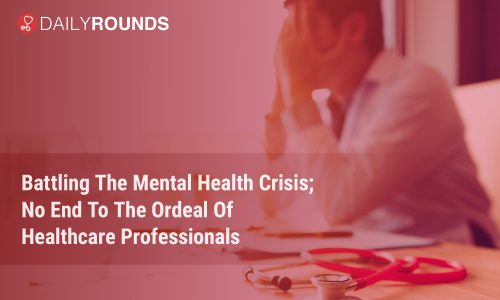
Healthcare workers have been trained to deal with whatever that comes through the hospital doors but the coronavirus pandemic is like nothing they have ever experienced. As the pandemic extends its fatality across borders, the warriors in white coats are doing their level best to combat the situation. However most of these frontline soldiers are facing burnouts, depression, PTSD, and other forms of psychological trauma.

“Every cloud has a silver lining” At a time when the entire globe is under the dark clouds of coronavirus, the healthcare sector in the country has a new ally in its fight against the global pandemic. Guess who? A host of innovations and groundbreaking changes are making their way on to the Indian healthcare […]
